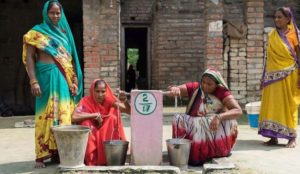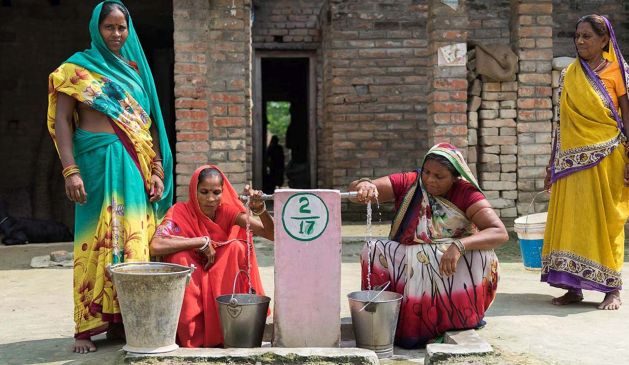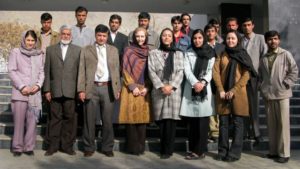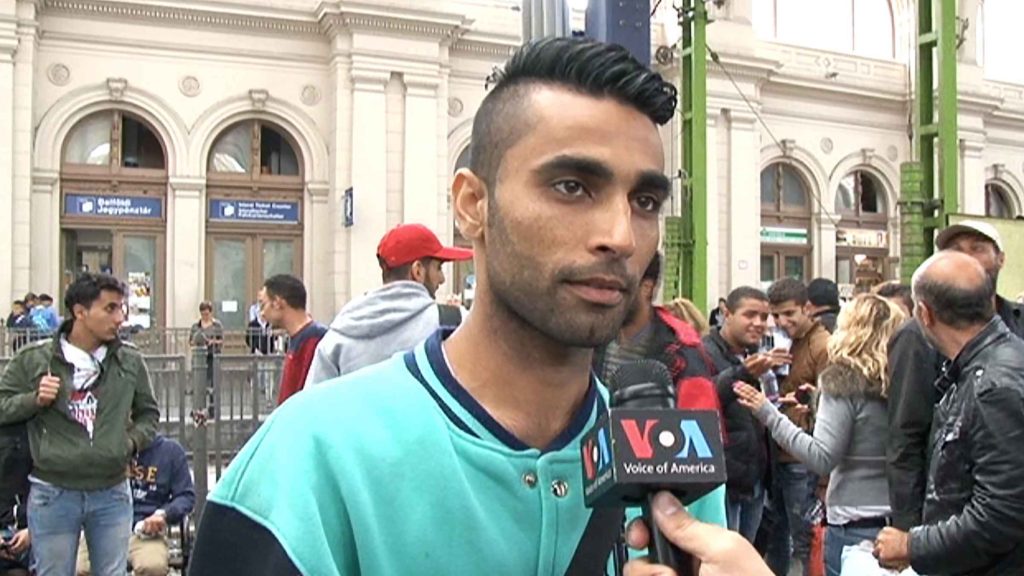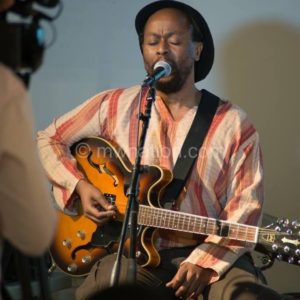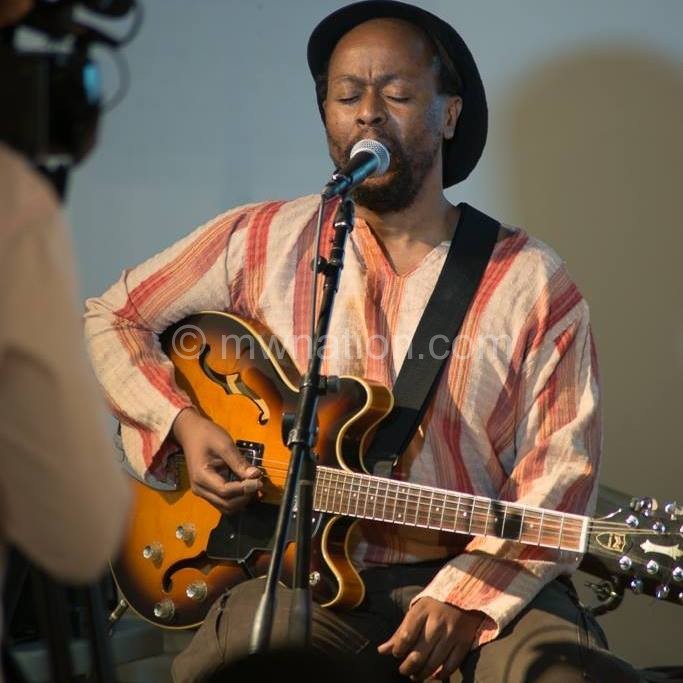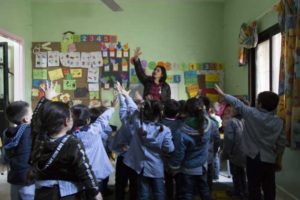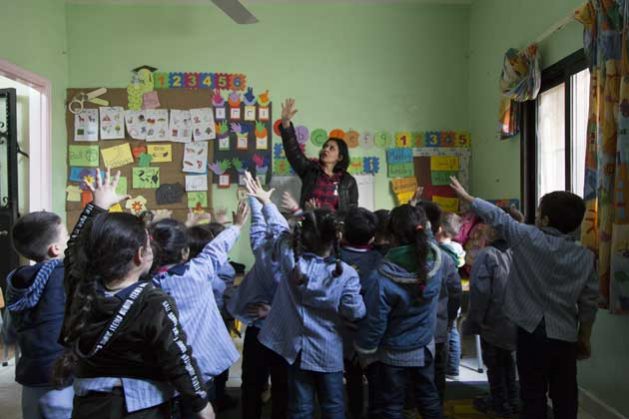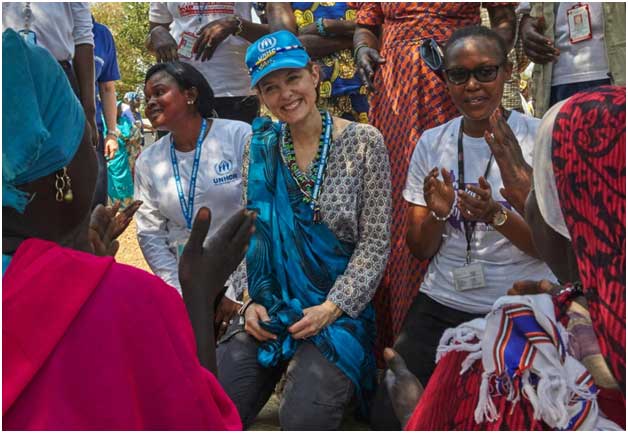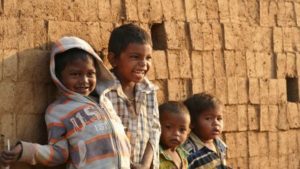
Asia-Pacific, Civil Society, Education, Headlines
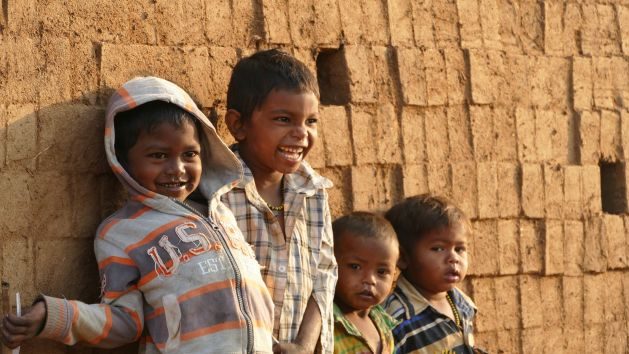
When we say that children aren’t learning, what we mean is that they are not fitting into our assessment of their learning outcomes | Picture courtesy: Nilesh Nimkar
– When we look at learning outcomes for children, we only look at standardised tests, ignoring any indigenous knowledge, language, or problem solving strategies they might have.
The brick kilns of Sonale were bustling with activity—children running around, indigenous technology being used, and lots of mathematics being done. I recently went there after a teacher from the nearby primary school approached our nonprofit, Quest, because the children living there were simply not learning. The concern was, if they didn’t even know their multiplication tables, how would they cope in classes V, VI, and VII?
So I went to see for myself. I asked these children, “To make the mortar for the bricks, how many pits have been dug?
“On one side 11; another side 12”
They also told me they would put three containers of raw material in each pit. So I asked them how many containers they would need in total, and after running off to count them, they came back with the right answers. They could also explain how they arrived at those numbers. What I found was that they were counting in threes. Not the way one recites the tables in the schools, but visualising it in their mind.
Clearly, these children knew how to multiply. That they failed to memorise their tables was beside the point. They had understood the concept and had demonstrated a strong meta-cognitive ability when they explained how they arrived at the answer. In my further conversations, I was amazed to see the kinds of calculations the children at the brick kilns did. For instance, 13 multiplied by 11 was done mentally because they were able to understand it within their own context (that of the brick kiln).
Standardised testing disadvantages marginalised children
This example illustrates one of the biggest challenges of our schools today—standardised assessment—which further disadvantages marginalised children. These children have a different type of cultural capital that schools and tests hardly recognise.
Western research in the field of math pedagogy points to the importance of children’s indigenous knowledge and strategies in solving problems and considers them to be the starting point for sound understanding of elementary mathematics. But what are those indigenous strategies in the Indian context? We still don’t know much about them. And our lack of knowledge results in us asking these children to run an unfair race.
Today, when we say that children from marginalised communities aren’t learning, what we mean is that they are not fitting into our assessment of their learning outcomes. By completely ignoring their indigenous knowledge, language, and problem-solving strategies, we have so far continued to focus on what they don’t know, and never paid attention to what they do know.
The process tells us more than just the outcomes
I do not deny the necessity of having some common indicators to understand the status of education in a given cluster, block, district, or state. But setting and chasing these indicators mindlessly could be dangerous.
Take for example, an encounter I had at an SSC exam centre in a rural school a few years ago. While I was visiting, I saw that the teachers were openly giving students answers to questions while they wrote their exams. When I asked why this was happening, a teacher said to me, “These children are weak from the beginning. It is almost impossible that they pass the exam on their own. If they fail, it will affect the result of our school and this would create a lot of trouble for us.”
This encounter is a classic example of what will happen if we neglect the process of learning and just focus on the numerical indicators of success. Our belief tends to be that if we can control learning outcomes, the quality of education will improve. But children can rote learn, or use unfair ways to pass their exams—we have no system that can check it at scale. What’s more, we are forgetting to track whether or not these children truly understand what they’ve been taught.
Ever since the ASER and other such reports have been published, we’ve been talking about how poor the learning outcomes are. But what have we really done to change things? We have been experimenting with examinations more than the actual process of learning, finding newer and newer ways to test the learning outcomes. But, if a pipe is choked, no matter what bowl you put under the opening, no water will drip into it. Similarly, no matter what exams, standard tests, and evaluation tool we use, only a little will change if we fail to address the core issues related to the process of learning.
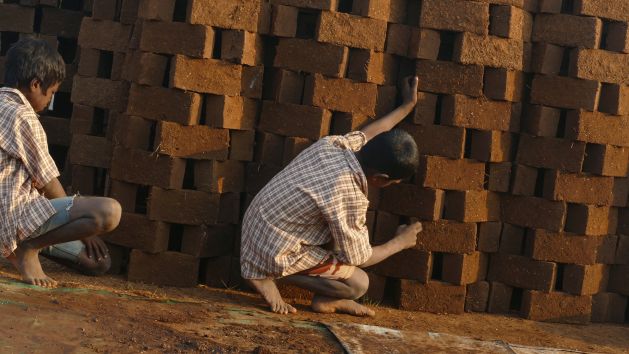
“What I found was that they were counting in threes. Not the way one recites the tables in the schools, but visualising it in their mind” | Picture courtesy: Nilesh Nimkar
What needs to be done
1. Strengthen the process, invest in teachers
One of the positive outcomes of the Right to Education (RTE) Act is that it improved enrolment rates. But we know that it’s not enough to get children into schools. We need to alter our schools to meet children’s needs. If we want to set the process of education right, we have to strengthen its most impacting factor, the teacher.
Teacher education and ongoing teacher professional development are areas where we haven’t paid much attention. Instead of offering our teachers quick fixes to the challenges they face, we need to begin working with, and for our teachers.
One example of how to do this could be through a technology based distant mentoring system for teachers working across geographies. Quest, the nonprofit I run, has a system like this on a much smaller scale—here, teachers send audio recordings of their classroom activity to mentors (experienced teachers, teacher-educators, or researchers in the field of pedagogy), who then provide them with ongoing feedback to help them fine-tune their skills. This type of support system needs to be created on a larger scale.
2. Change the way we test
We need to alter the tools and parameters we use to assess success. We had a chance to do this when the idea of continuous comprehensive evaluations was introduced. However, the teachers and education community at large could not free themselves from the idea of examinations, and we lost a golden opportunity to bring our focus on to the process.
In a country as diverse as India, the assessment framework could be common for all. But the actual tests should be local and culturally appropriate. For example, I have seen assessment tests that show a picture of a well-maintained French garden or a city park, expecting a rural child to talk about it. In this situation it is obvious that the child will show poor oral expression.
Or yet another example is that of asking children to write words only from the ‘standard’ language—when in reality, Marathi spoken in different parts of Maharashtra is not the same. But normally the assessments are not sensitive to this regional variation, which means that children with a home language that is different than the standard variant of Marathi will always perform poorly.
The question we must ask ourselves is, do we want to make the education system more inclusive, or do we want to use it as a sieve to weed out the ‘weaker’ children? We need to design an overarching framework and build a bank of regionally, culturally appropriate testing items. Unless we do this our focus will always remain on what children don’t know.
Nilesh Nimkar has over 20 years’ experience in the field of early childhood education, elementary education, teacher education and curriculum development. He has initiated several innovative programs for teachers and children, specially in the rural and tribal areas. He has received the Maharashtra Foundation Award for ‘Outstanding social work in the field of education’.
This story was originally published by India Development Review (IDR)

